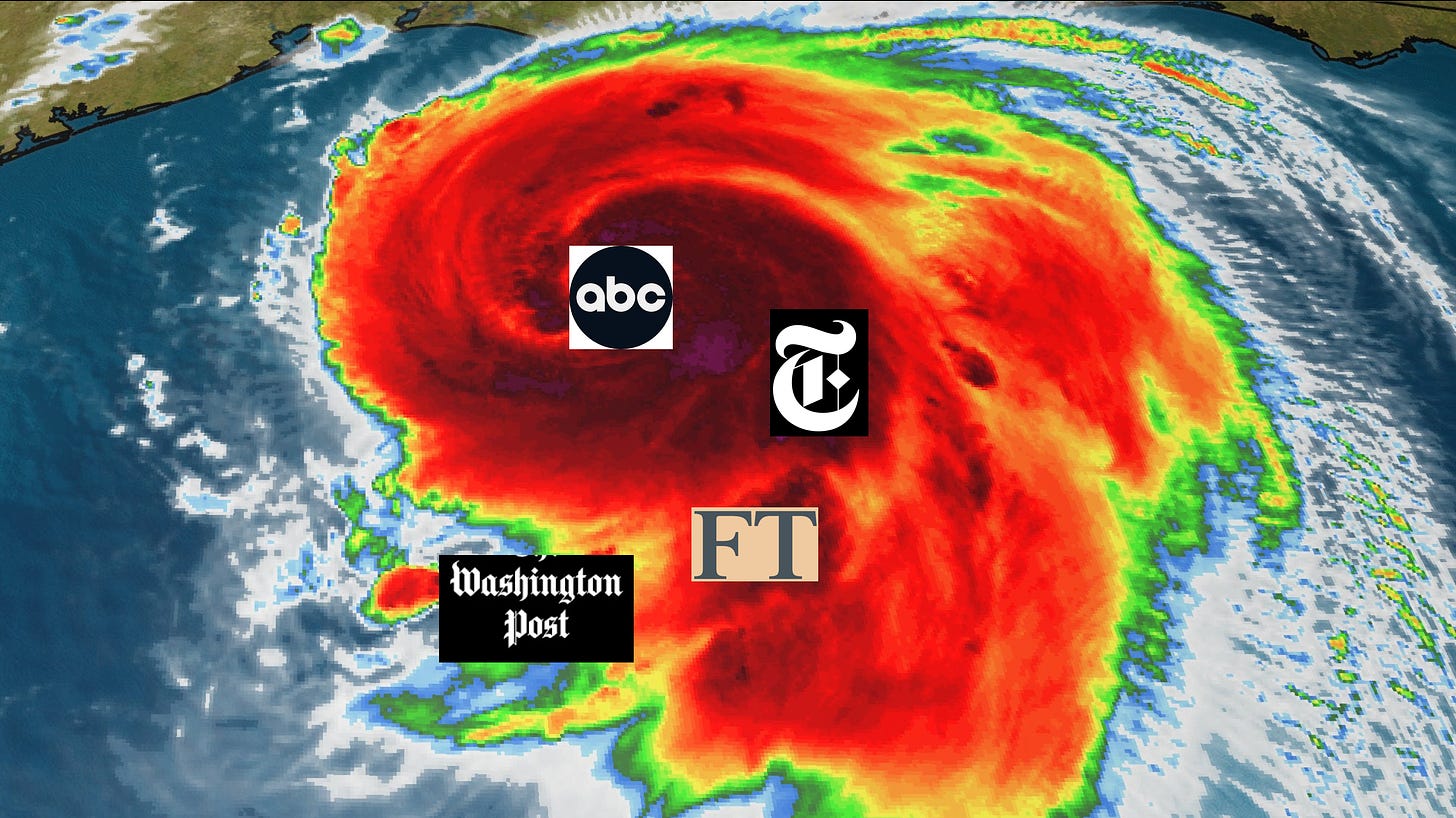Behind climate fanaticism and narcissism lies an apocalyptic religion born from nihilism

By Michael Shellenberger, Oct. 19, 2022
“The fiercest fanatics are often selfish people who were forced, by innate shortcomings or external circumstances, to lose faith in their own selves. They separate the excellent instrument of their selfishness from their ineffectual selves and attach it to the service of some holy cause.”
—Eric Hoffer, The True Believer
Over the last few weeks, climate activists in Britain have blocked highways (because cars emit carbon dioxide), poured milk onto the floors of supermarkets (because livestock emits methane), and thrown tomato soup at Van Gogh’s “Sunflowers” (because climate change is more important than art.… Read more



